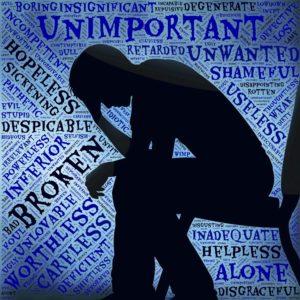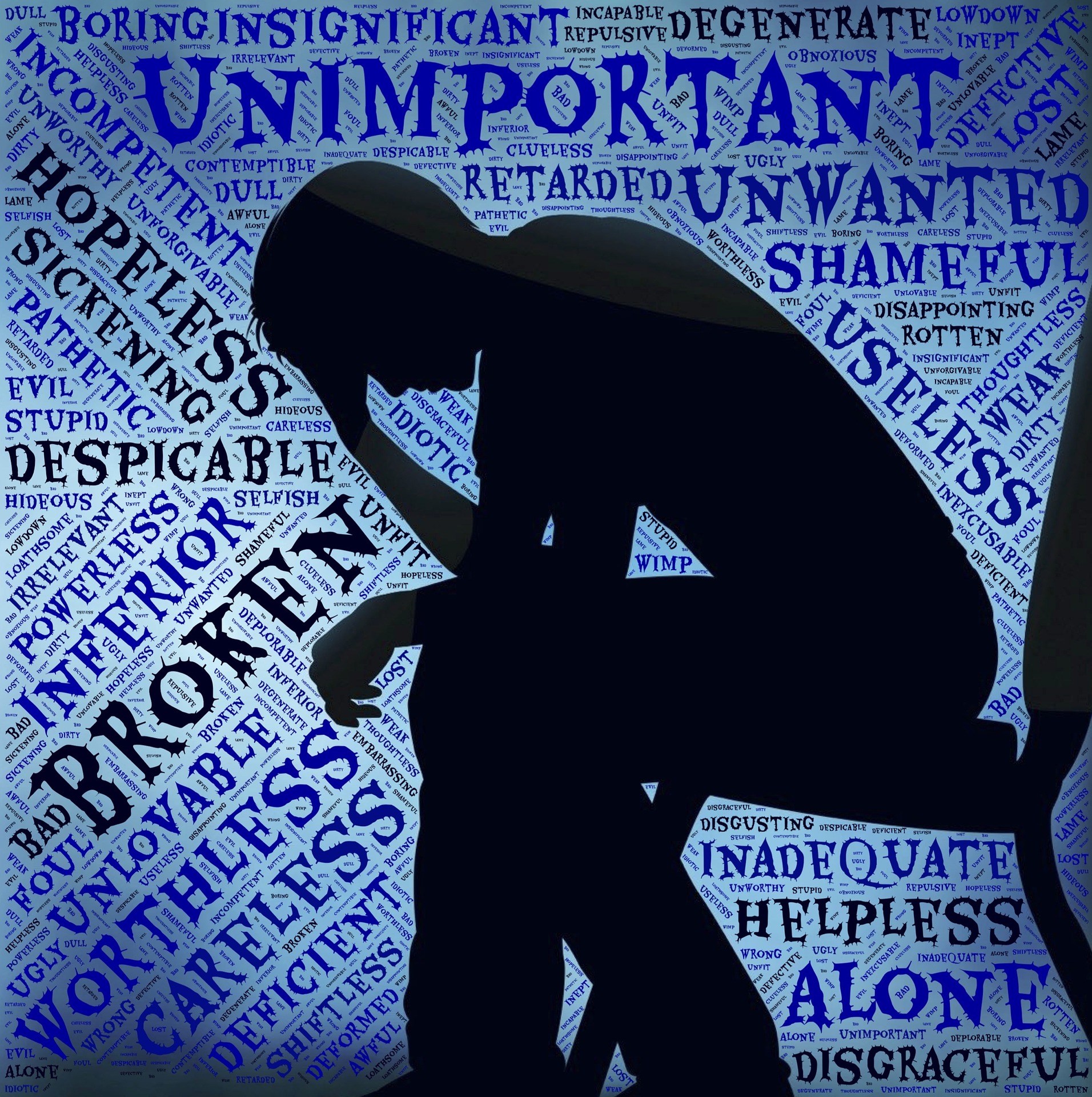 A bill requiring public schools to educate their pupils regarding mental health was signed into law by Governor Murphy this past Friday. The law aims to combat the rates of teenage suicides and prevalence of substance abuse disorders, as well as provide students with the skills and resources to deal with mental health issues.
A bill requiring public schools to educate their pupils regarding mental health was signed into law by Governor Murphy this past Friday. The law aims to combat the rates of teenage suicides and prevalence of substance abuse disorders, as well as provide students with the skills and resources to deal with mental health issues.
While this law only affects public schools, it is imperative that a push be made for mental health education to be taught in our girls schools and yeshivos as well. Hundreds of children and teens suffer from mental health disorders and are receiving absolutely no help because they, their parents and educators are so uninformed, or worse, misinformed.
According to the CDC, 1 in 5 Americans suffer from a mental health disorder. These numbers apply to the Orthodox Jewish community – perhaps even more so. Relief Resources, an incredible organization based in Lakewood but providing mental health services across the globe, says they receive hundreds of calls a day from people needing assistance with mental health issues.
We sadly ignore it, but there is a major substance abuse and suicide crisis in the Orthodox Jewish community. There are so many times when a young man or woman suddenly passes away, and nobody even wonders why. Often (but not always), the individual passed away not from a physical illness, but from an overdose or suicide. Of course the facts are hidden from the public, understandably, but it should be recognized in general that there is a problem.
Combating mental health struggles, substance abuse and suicide begins with education. It is impossible for people to fight their demons if they are never taught how. We already live in a society that severely stigmatizes emotional issues and substance abuse disorders, which exacerbates the problem – should we not at least give these people a fighting chance by providing them some resources to assist them in their battle?
Most serious emotional issues and cases of substance abuse are quite subtle when they first begin. It is then that it must be fought – waiting for it to become a full-blown crisis to even acknowledge it is a dereliction of duty on our part. Teaching our children in school how to recognize a problem, when they should seek help, where they should seek help, and basic coping strategies could go a long way to solving the crisis of mental health deficiencies that plague our community.


Great points. In recent times there has been much awareness about mental illness and the stigma has thankfully been lowered. We often think of those suffering emotionally as failures, those that “didn’t make it”. But as somebody that works closely with those challenges living with mental illness, I can tell you that often times these are highly talented and sensitive individuals. I often can’t help but have deep respect and admiration with the people I work with.
Thank you for that post. I was diagnosed with bipolar disorder over a decade ago . In the early days my symptoms were very painful and I was always looking for support. There were no frum groups and no venue were I could go to, to connect to Torah and get inspiration in a warm friendly environment. Today BH I am married with children and learn in a kollel in the morning and at night. It has been my dream to create a safe place for people to get together to give each other chizuk as they go through their life challenges. If anyone would be interested in joining or supporting this effort please contact me through the Lakewood scoop.
@Hopeful you’re an inspiration.
You’re an amazing individual.
I agree! There is such strong stigma against mental illness, especially in the frum community, that some people don’t seek help for even anxiety and depression. Boys that can’t handle some of their studies are c’v turning away from the derech because they don’t realize that there is help from the pressure.
And the more serious mental illnesses, ones that can be treated with therapy and medication, are a family’s best kept secret. Even though the illness affects the whole family, you can’t discuss it with friends. (I speak from personal experience- when my “friends” realized my oldest had mental health problems, one said they were no longer comfortable having her over, and other invitations stopped coming). I had to change her school, though she never said or did anything wrong around our friends.
But equally important is to find a properly trained therapist and if necessary, a good psychiatrist. Your rabbi can help with many issues, but they are not trained in mental health. There are several fantastic therapists right in Lakewood. Please reach out for your own sake, and that of your family.